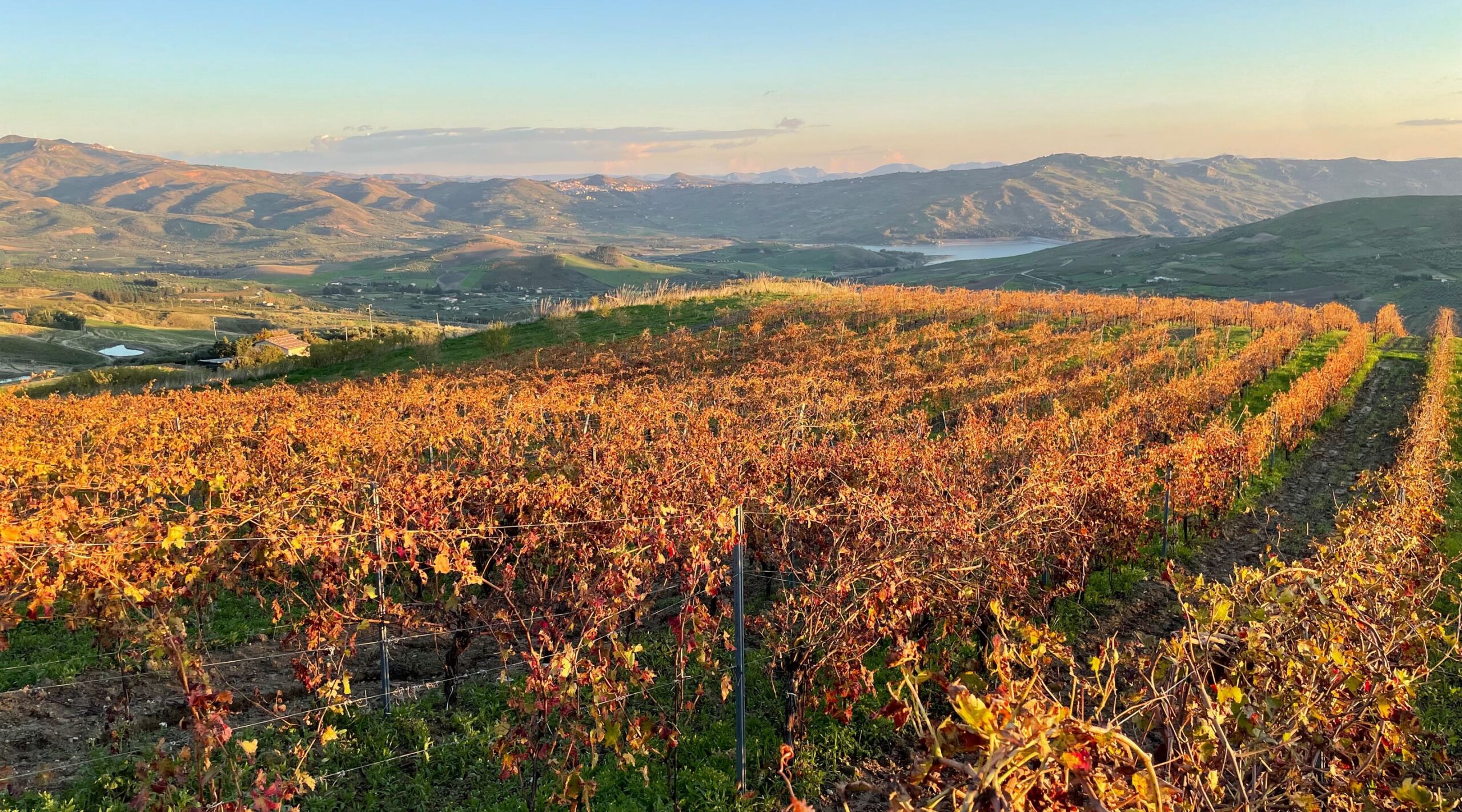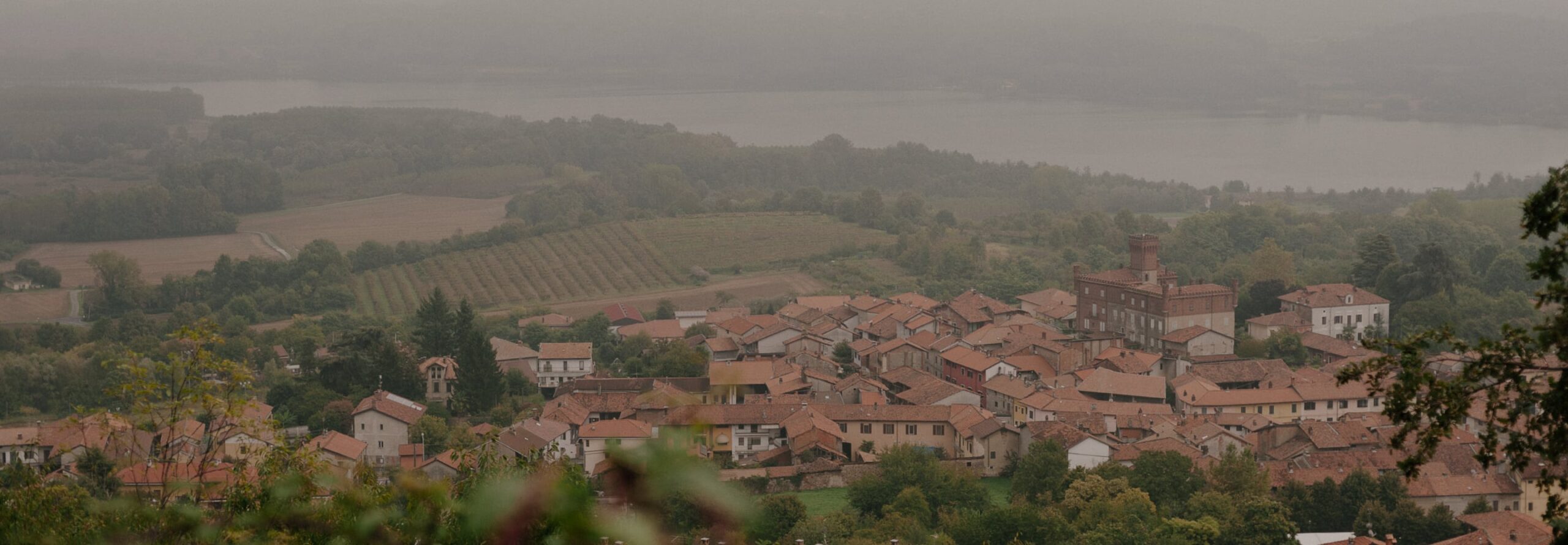Courtesy of our long friendship with Giampiero Bea, the Umbrian wunderkind and son of Paolo Bea, we had the special good fortune of meeting Gaetano and Nicoletta Gargano, the proprietors of Il Censo, an estate of 65 hectares situated in Bivona in the south-central zone of Sicily near the town of Palazzo Adriana, the site of the wonderful film, Cinema Paradiso. Gaetano’s family, through his mother’s side (family name: Spoto), has owned Il Censo for over 200 years. Production over the years was principally of grains and legumes but there was also a small vineyard planted to Perricone and Malvasia Nera and an old olive grove the trees of which are now 100 years of age. The name “Il Censo” literally means “census” but in this instance most likely refers to the obligations of the tenant farmers to pay tribute to the landowning family, a system that dates back to feudal times. The name predates the Spoto time of ownership.
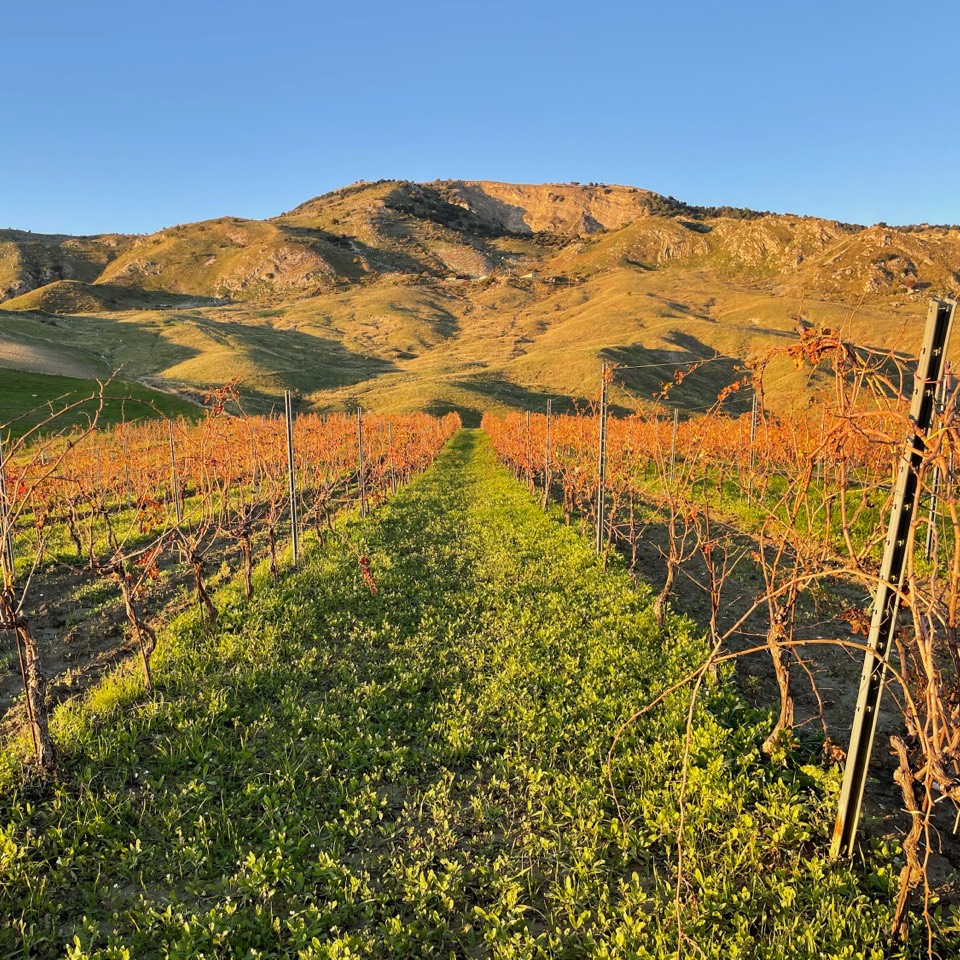
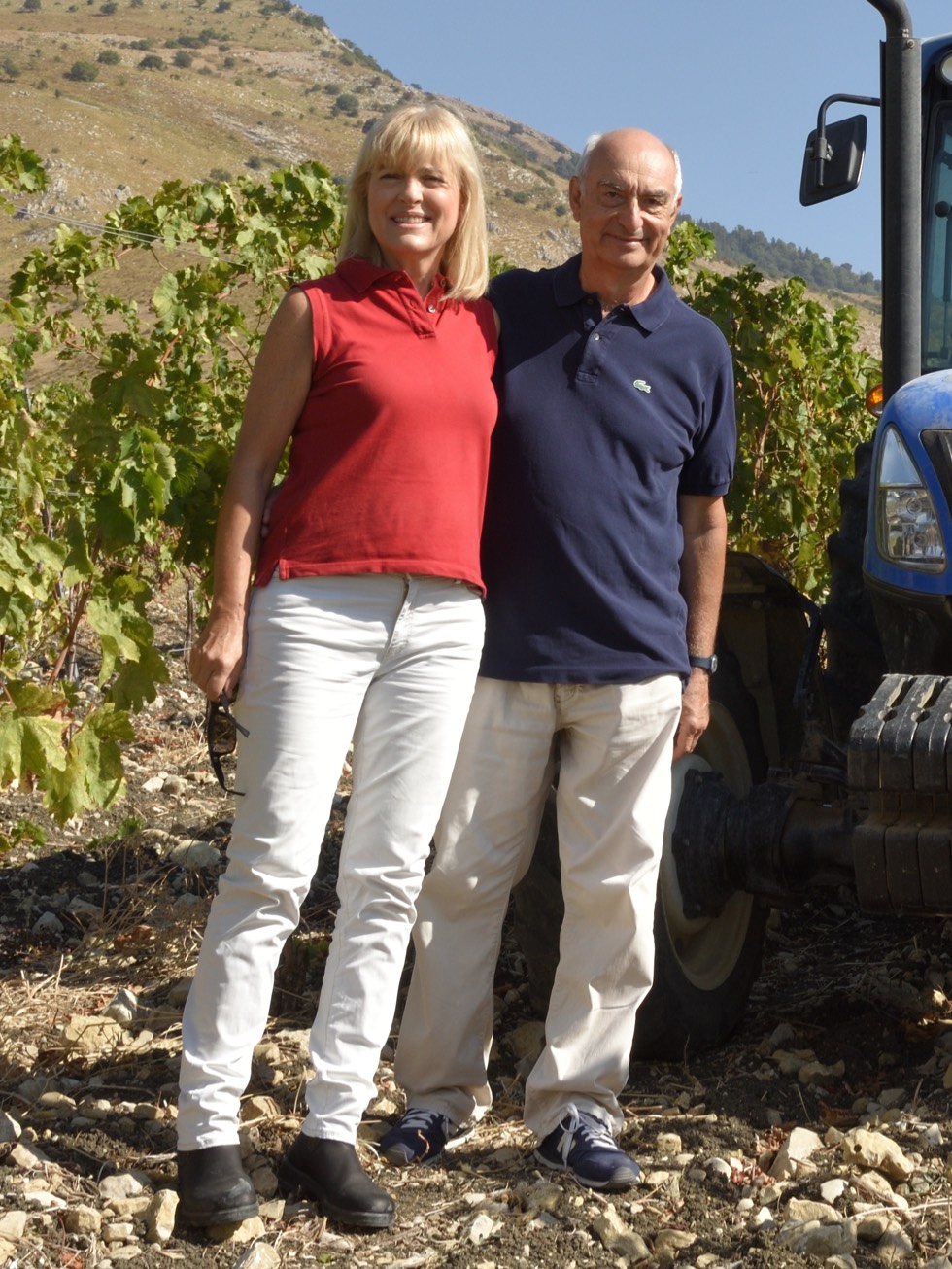
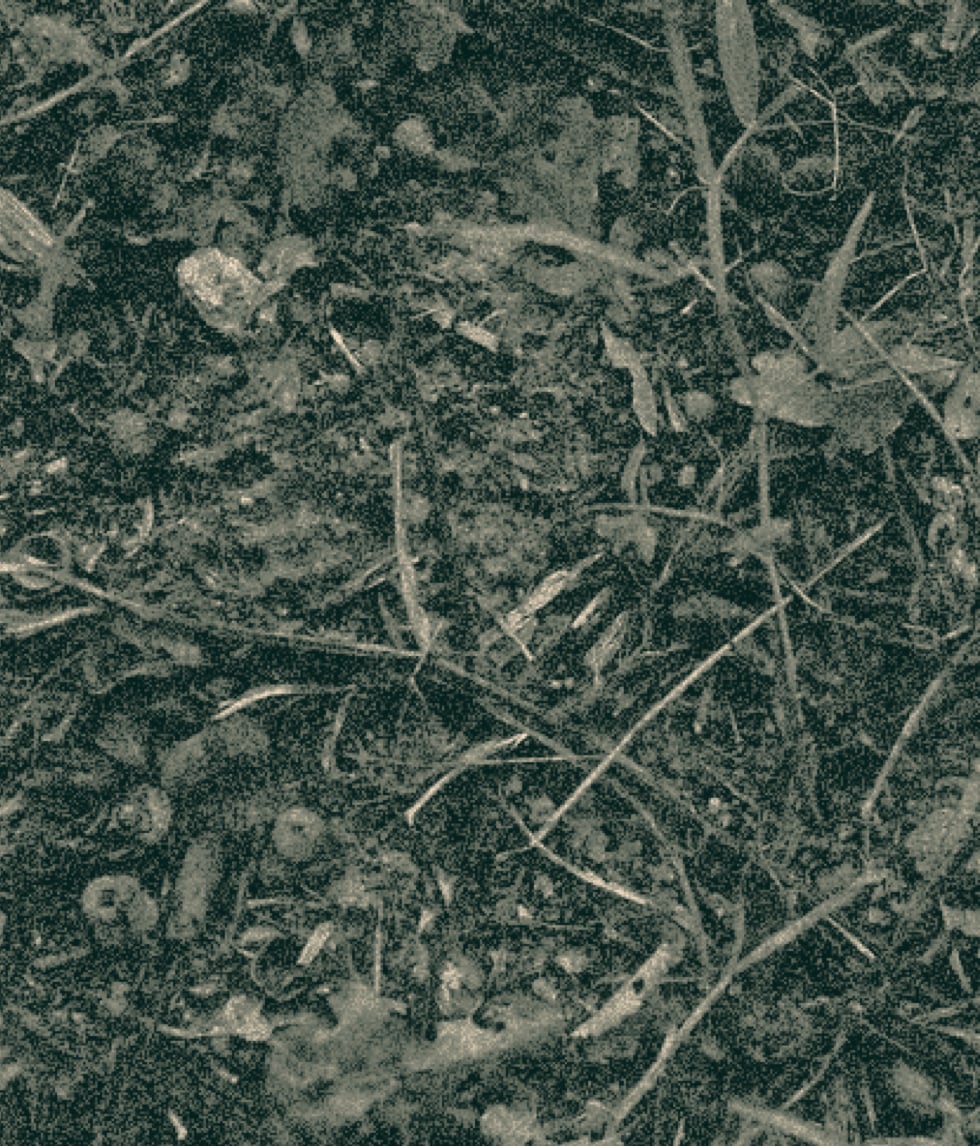
As has been the case so often, much of the agricultural activity at Il Censo was abandoned over the years. Gaetano met Giampiero Bea about 25 years ago and fell in love with the work the Bea family was doing in Montefalco. Ultimately, Gaetano determined to reinvigorate the farming activity at Il Censo and, with the guidance of Giampiero, began by planting 5 hectares of vineyards split between the white Cataratto grape and the black Perricone variety. The vineyards are situated high on an undulating volcanic outcropping. An additional four hectares have recently been planted which will come into production between the 2015 and 2017 vintages. This newest planting regime includes Nero d’Avola and Malvasia Nera in addition to Cataratto and Perricone.
The olive grove has also been revived and is now producing about 500 liters of a certified organic, unfiltered extra virgin olive oil, small quantities of which will make its way into our hands for the US market.
The entire agricultural enterprise is managed organically. Vinification is conducted under the principles developed by Giampiero Bea. Our first viticultural foray into Sicily has already proven to be an exciting adventure, a natural extension of our nearly forty year immersion in the wines of Italy.
Farming
Certified organic since 2014, practicing biodynamic
Treatments
Copper-sulfate only (copper used only rarely), cover crops sown between the vines
Ploughing
Annual ploughing to promote vineyard health
Soils
Sandy topsoils, volcanic bedrock
Vines
All planted through massale selection and trained in Guyot. Average vine age is 10 years
Yields
Controlled through severe winter pruning and debudding
Harvest
Entirely manual, usually in early October
Sourcing
Entirely estate fruit
Fermentation
All fermentations are spontaneous and proceed without temperature control. All grapes are destemmed and crushed prior to settling in stainless-steel tanks. Wines macerate on their skins for c. 2-3 weeks
Extraction
Twice-daily pumpovers
Chaptalization
None
Pressing
Pneumatic pressing
Malolactic Fermentation
Occurs spontaneously in stainless-steel tanks following alcoholic fermentation
Élevage
All wines spend two winters in stainless-steel tanks without temperature control
lees
Wines remain on their fine lees until bottling
Fining and Filtration
All wines are unfined and unfiltered
sulfur
Applied at bottling, c. 65 mg/l total sulfur
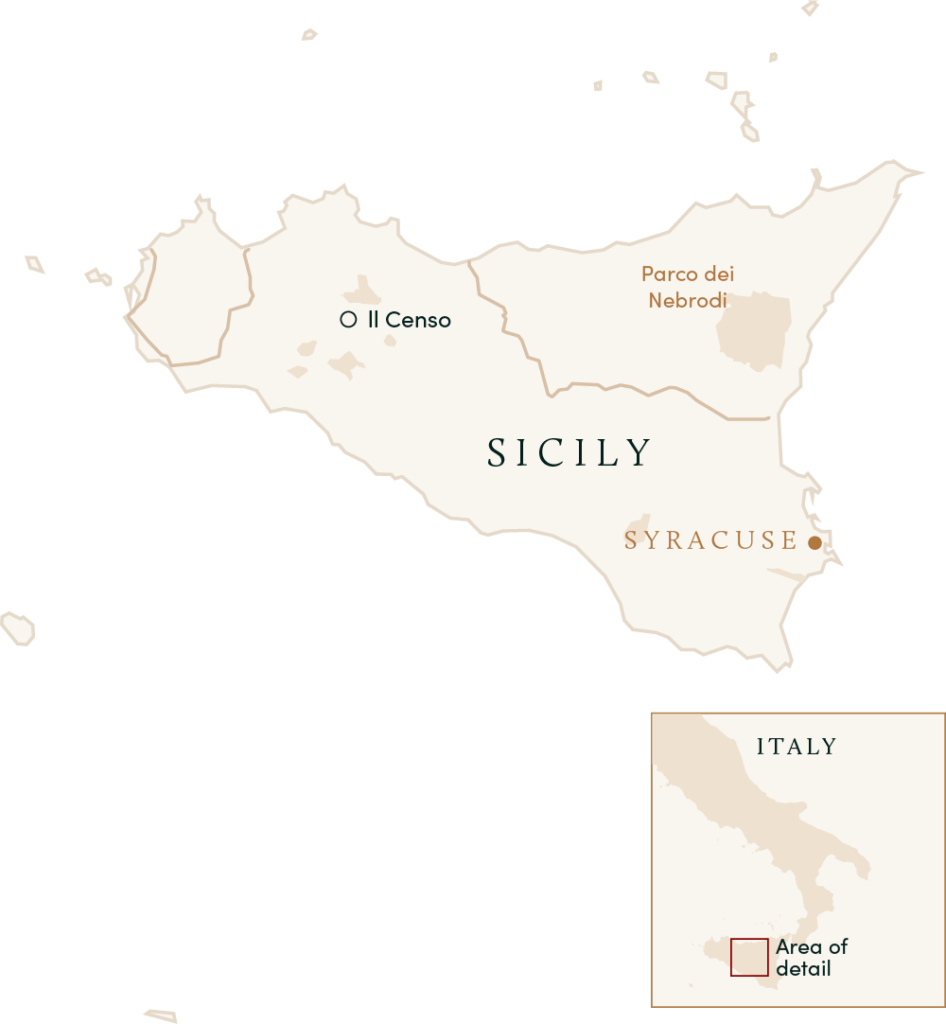
Optional caption text here lorem ipsum
